|
Several counties proceeded to draft "resolves" or resolutions asserting their rights and proclaiming their loyalty to King George III in a sometimes subtly conditional way. Among them was the following declaration from Dunmore County, which was selected from the many at hand by Mrs. Rind for publication. It was drawn up by a committee chaired by Rev. Peter Muhlenberg, the future colonel of the 8th Virginia. Also on the committee were future lieutenant colonel Abraham Bowman, future lieutenant Taverner Beale, and the brother of future captain George Slaughter. They borrowed the text from neighboring Frederick County. The two counties had a shared history: Dunmore was carved out of Frederick in 1772. Muhlenberg may also have felt comfortable borrowing the text in part because Frederick's committee was similarly led by an Anglican clergyman: Rev. Charles Mynn Thruston. Rind misspelled Muhlenberg's name two different ways, indicating that he was not yet well known in Williamsburg. The word "votes" was set in capital letters where the word "resolves" would make more sense—another apparent error. Dunmore County was renamed "Shenandoah" County during the Revolution. Only one other 8th Virginia county issued resolves that summer. Culpeper County produced its document on July 7, but the text is evidently lost. The document below predates both the First Virginia Convention and the First Continental Congress. More counties issued resolutions after the First Continental Congress adopted the Articles of Association, formalizing a uniform boycott and calling upon county committees in all of the colonies to enforce it. Augusta, Berkeley, Fincastle, and Hampshire counties issued resolutions 1775 and raised companies for the 8th Virginia the following spring. The resolutions from Augusta and Fincastle survive. Fincastle's resolution is famous for being the first to openly threaten war. The Dunmore ResolvesAt a meeting of the freeholders and other inhabitants of the county of Dunmore, held at the town of Woodstock, the 16th day of June, 1774, to consider the best mode to be fallen upon to secure their liberties and properties, and also to prevent the dangerous tendency of an act of parliament, passed in the 14th year of his present majesty’s reign, intituled an act to discontinue in such manner and for such time as we therein mention the landing and discharging, lading or shipping of goods, wares, and merchandize, at the town and within the harbour of Boston, in the province of Massachusetts Bay, in North America, evidently has to invade and deprive us of the same, the reverend Peter Mechlenberg being voted moderator, a committee of the following gentlemen, viz. the reverend Peter Mechlenberg, Francis Slaughter, Abraham Bird, Taverner Beale, John Tipton, and Abraham Bowman were appointed to draw up resolves to the same occasion, who withdrawing, for a short time, returned with the following VOTES, which had been previously agreed to and voted by the freeholders and inhabitants of the county of Frederick:
More from The 8th Virginia Regiment
6 Comments
|
Gabriel Nevilleis researching the history of the Revolutionary War's 8th Virginia Regiment. Its ten companies formed near the frontier, from the Cumberland Gap to Pittsburgh. Categories
All
Archives
June 2024
© 2015-2022 Gabriel Neville
|
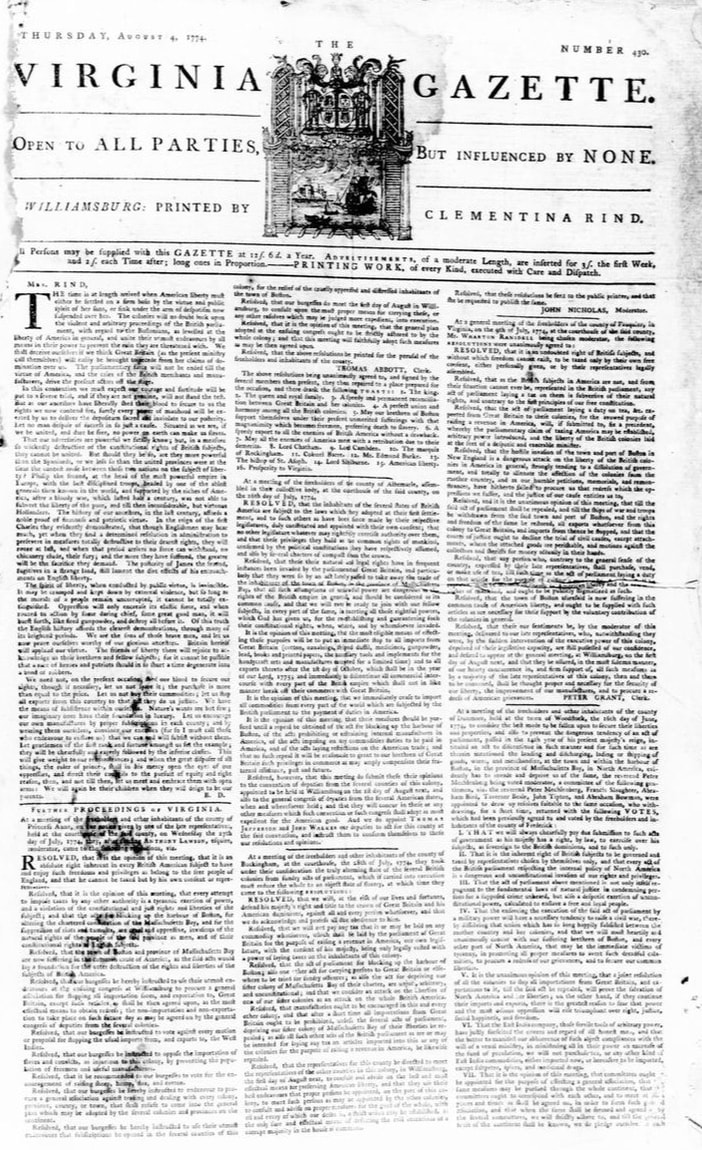
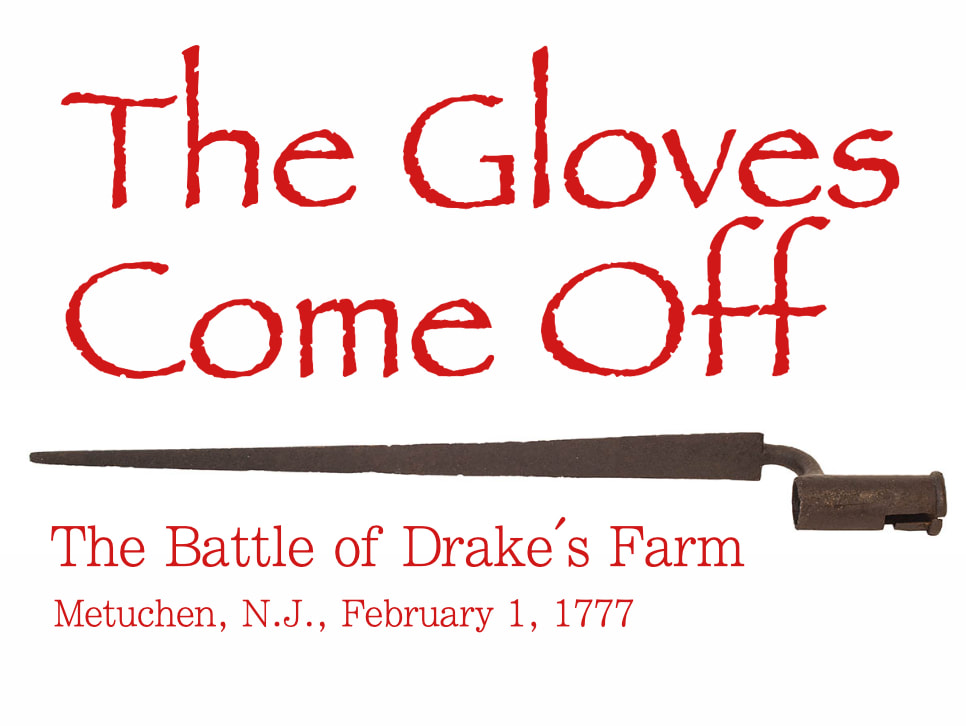
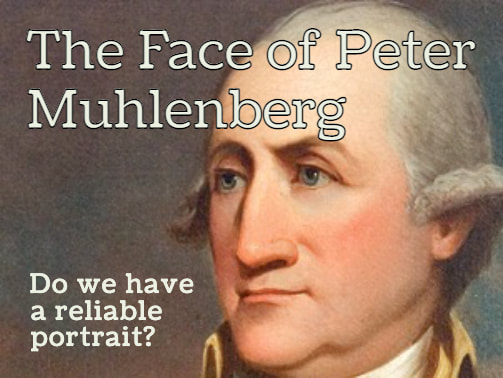
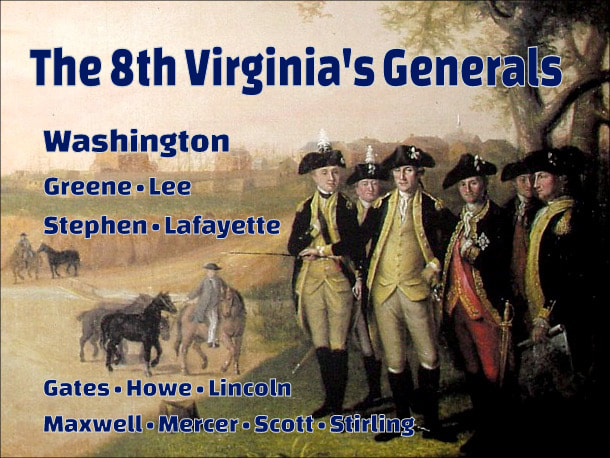
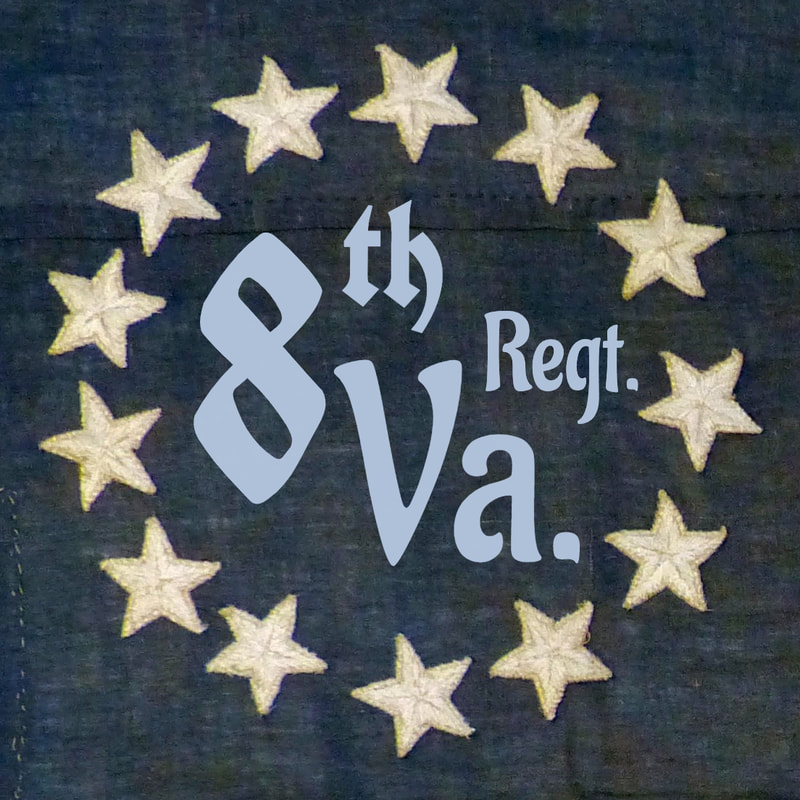
 RSS Feed
RSS Feed